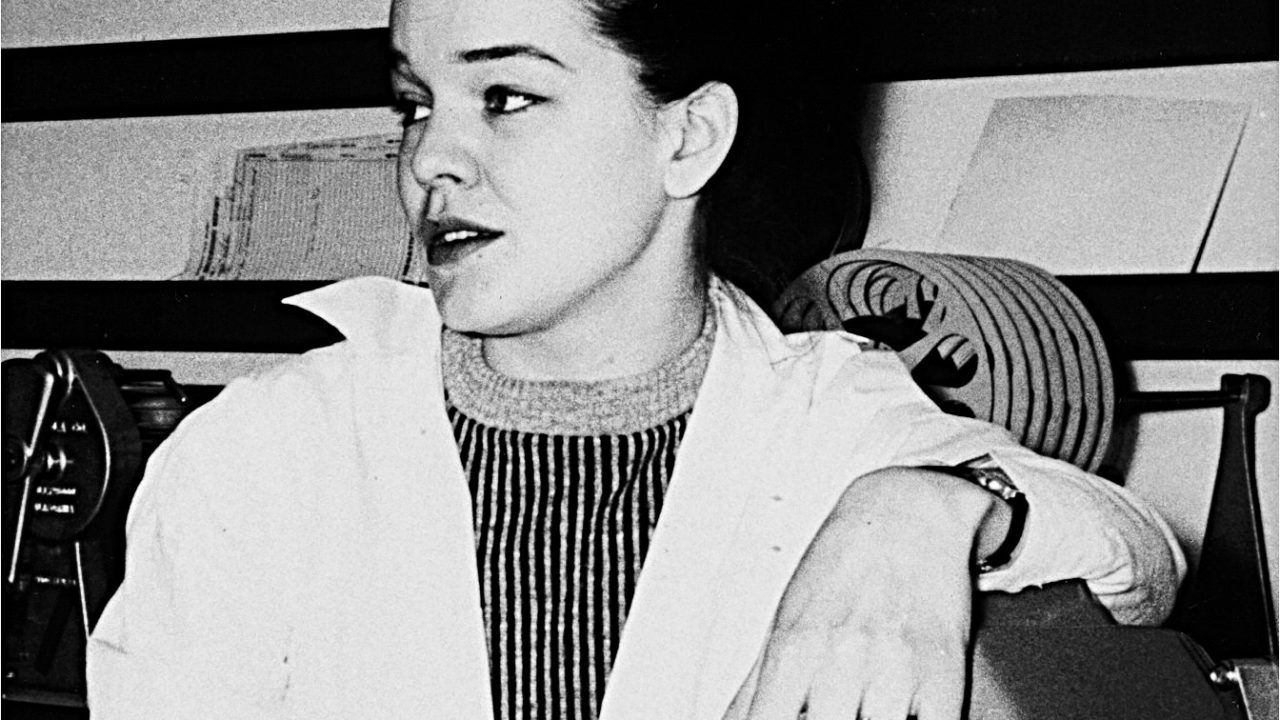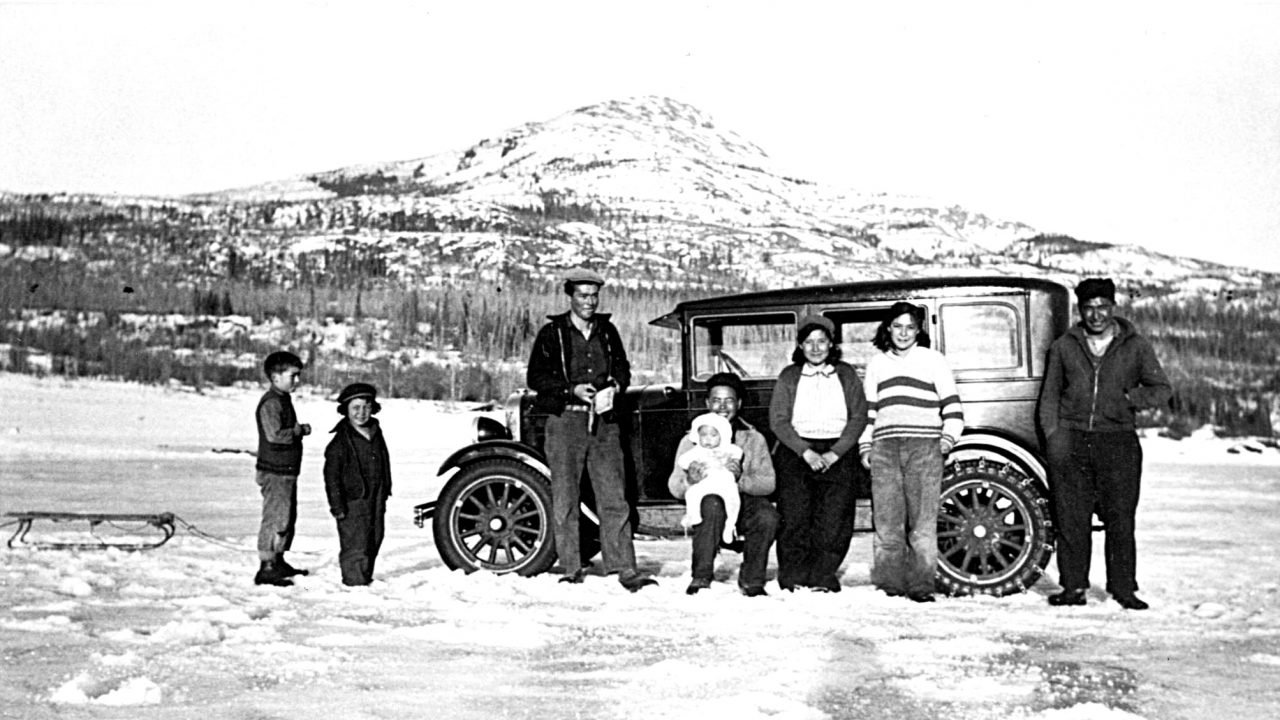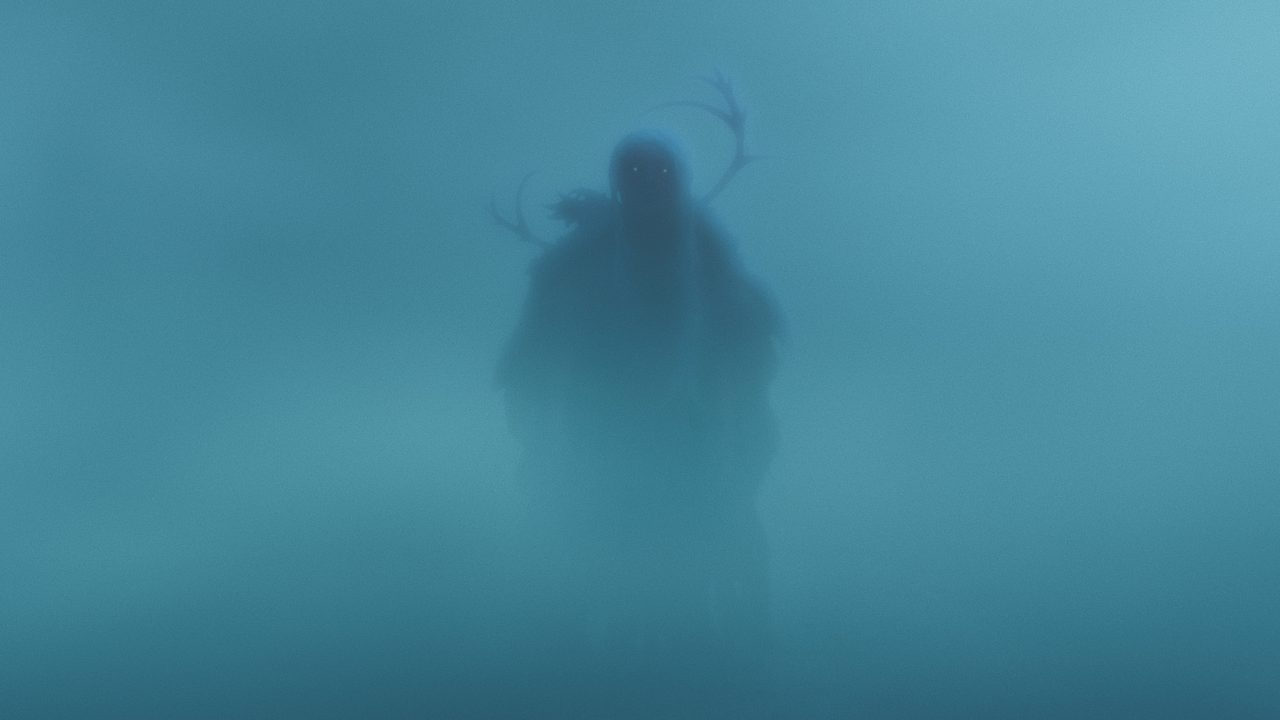
The Canadian Storytellers You Need to Know: Three Vancouver-Based Female Filmmakers
The Canadian Storytellers You Need to Know: Three Vancouver-Based Female Filmmakers
Ever felt like mainstream foreign movies don’t tell your story? Vancouver is home to groundbreaking female filmmakers who’ve brought to light Canadian stories that would have otherwise been overlooked. Here are three local legends you should know!
Kathleen Shannon: The Godmother of Feminist Cinema in North America
Why She Matters
Filmmaker Kathleen Shannon didn’t just break the rules—she rewrote them. This Vancouver-born visionary became a global force in cinema. Like other renowned NFB filmmakers such as Alanis Obomsawin and Norman McLaren, she used her camera as a tool for change, inspiring feminist filmmakers and collectives worldwide. Her legacy is a powerful reminder that your Canadian perspective not only matters, it can make change happen.
Must-Watch
Like the Trees (1974): Follows Rose, a Métis woman who, after facing racism and hardship in the city, returns to her Woodland Cree community to rediscover her roots and help others reclaim their community and identity.
Like the Trees, Kathleen Shannon, provided by the National Film Board of Canada
Mothers Are People (1974): Profiles Joy, a Black woman, research biologist and widowed mother. She articulates the dilemmas faced by working women, citing workplace discrimination and the critical lack of universal daycare for children.
Mothers Are People, Kathleen Shannon, provided by the National Film Board of Canada
Luckily I Need Little Sleep (1974): Profiles Kathy, an immigrant nurse in northern Alberta, who juggles her hospital duties, sewing, housework and taking care of the family farm. The title alludes to the immense workload she manages.
Luckily I Need Little Sleep, Kathleen Shannon, provided by the National Film Board of Canada
Cool Fact
Kathleen Shannon built the world’s first government-funded film studio for women, the NFB’s legendary Studio D, ensuring Canadian women could tell their own stories. On the 90th anniversary of her birth, we’re celebrating the door she kicked open for future generations.
In the 1970s, the films in the “working mothers” series (see above) exposed gender inequality in education, childcare and pay. This groundbreaking work sparked the creation of Studio D. Explore more of Shannon’s films here and learn more about her on our website and in this film.
Bettina Matzkuhn: The Animator Who Sewed Her Stories Together
Why She Matters
Imagine telling stories not with a camera, but with a needle and thread. Bettina Matzkuhn does just that, creating stunning embroidered animations you have to see to believe. Her one-of-a-kind films, gems of the NFB collection, weave together ecology and memory, showing that the most powerful Canadian stories are often crafted by hand—stitch by perfect stitch.
Must-Watch
The Hometown (1979): Her NFB debut (made at the age of 23!) won Best First Film at the Ottawa animation festival. Matzkuhn celebrates the simple joys and colourful memories of the place we call home, in this dreamy piece of nostalgia featuring a catchy tune and vibrant hand-stitched tapestries.
The Hometown, Bettina Matzkuhn, provided by the National Film Board of Canada
Distant Islands (1981): Relive the magic of summer sailing through stunning embroidered tapestries. This beautiful film uses colourful threads to stitch together warm, drifting memories of exploring the islands of British Columbia.
Distant Islands, Bettina Maylone, provided by the National Film Board of Canada
The Magic Quilt (1985): A magical quilt becomes a portal to adventure! But when the kids argue, the fabric of their world tears. They learn that mending the quilt also means mending their friendships. The film won awards in Los Angeles for its whimsical fabric landscapes.
The Magic Quilt, Bettina Matzkuhn, provided by the National Film Board of Canada
Cool Fact
Bettina Matzkuhn’s art hangs in galleries worldwide, yet she still works from her BC studio. “Thread is my special effect,” she jokes.
This year marks the 40th anniversary of The Magic Quilt, and for over 50 years, Matzkuhn has transformed threads into breathtaking stories, showing us how powerful an art form textiles can be. Dive into her magical world of stitched narratives and watch her incredible films right here: https://www.nfb.ca/directors/bettina-matzkuhn/
Moira Simpson: The Visionary Filmmaker Behind The Recovery Series
Why She Matters
Moira Simpson’s 40-year career proves film can literally change laws. Her work explores issues such as sexual violence, preventing child abuse and recovering from war—with zero sugarcoating. Her films have empowered communities from Canada to Kosovo.
Must-Watch
Lorri: The Recovery Series (1985): Recently rescued from oblivion from our vaults, this is a landmark of lesbian cinema. As a powerful time capsule of queer resilience, this may be the first NFB film—and possibly the first Canadian film—to portray the life and experiences of a lesbian woman.
Lorri: The Recovery Series, Moira Simpson, provided by the National Film Board of Canada
Ruth: The Recovery Series (1985): Shares a powerful first-person story. When she was 14, drugs offered Ruth an escape from trauma. After 18 years of addiction, she fought for her life, finding hope and healing in community and recovery.
Ruth: The Recovery Series, Moira Simpson, provided by the National Film Board of Canada
Debby and Sharon: The Recovery Series (1985): Two sisters break a family cycle of addiction. They share their powerful journey to sobriety, fuelled by a life-changing reconnection to their Indigenous culture and heritage.
Debby and Sharon: The Recovery Series, Moira Simpson, provided by the National Film Board of Canada
Cool Fact
Moira Simpson has taught film from Nairobi to the Arctic. “Camera angles can be as powerful as protest signs,” she says.
By amplifying marginalized voices and testimonies, her body of work attests to the fact that cinema can be a vital tool for social justice—and Canadian stories a force for international change. Her award-winning NFB films demonstrate that making a documentary can be a true act of courage.
Join us in celebrating the 40th anniversary of Moira Simpson’s Recovery Series. These powerful films on addiction and mental health continue to foster vital empathy, solidarity and hope for a new generation. Explore Simpson’s films and discover more about her here.
Why This Matters for You
These filmmakers prove you don’t need a Marvel-sized budget to tell stories that stick. Their work is free to stream (thanks, NFB!), short enough to keep us rivetted to the screen, and, most importantly, all about your Canadian world.
Challenge
Pick one of the above films this week. Watch. DM us with your thoughts (Facebook, Instagram or LinkedIn). Boom—you’re supporting local art without leaving your couch.
Craving more? This NFB channel offers a selection of BC-made films. (No login. No ads. Just art.)



